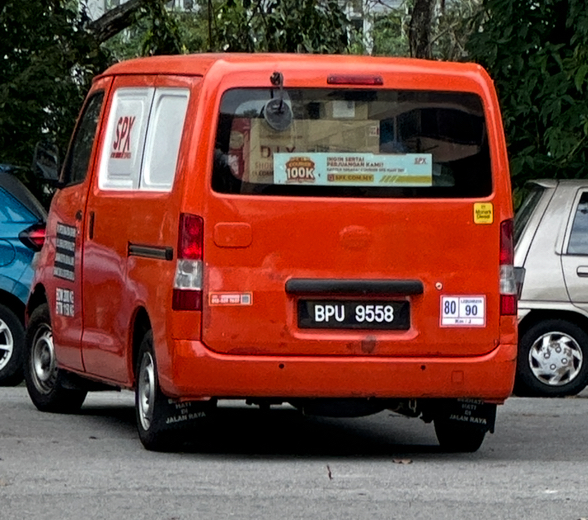Some people like rhythm games; other people like FPS and getting good at their craft.
I like some of these things in different ways as well, but there’s one thing that I find somewhat unique to myself and that I thought I’d share about today: I like learning how to create things much faster with my mind.
I have, in that sense, a “Need For Speed”.
When I say “with my mind,” that is a deliberate phrasing. A lot of people could very easily create something with AI:
- write in a single sentence
- perhaps two
- craft it in a very specific way
At the end of it out comes a perfectly formatted essay responding to the prompt, answering the objections, fashioned and polished into a finished product.
I understand that this is possible with the technology that we have today and I expect that it is likely that the quality of output from these kinds of AI models is going to increase in the days to come. For me that’s not really how I want to do things. It is not how I find meaning.
Where I find meaning in this act of creation is watching my brain improve to the point that creating a piece like this is something that can be done within a timer’s down-tick of 10 minutes – the satisfaction of challenging myself to produce novel and new ideas and to fashion and create them on the fly as an act of reliance upon my brain that, at the same time, subtly improves it for the next time I choose to do this. This is addictive to me. It is addictive because when we think about the limits of the human brain and what it can or cannot do, we realise in the seat of consciousness that it makes very little sense to really think about what those limits might be, just purely from our limited experiences.
Someone who is not a professional athlete, for example, could conclude that they were destined not to gain the proficiency associated with an Olympic gold medalist, but a question naturally arises.
Was it the cause?
That was, in fact, your destiny, or was it because they were lazy and chose not to try?
Now there’s a little bit of a negotiation that is suitable to answer this question.
If you’re not somebody who is two metres tall, it’s very unlikely that you become the centre on a basketball team.
When it comes to other aspects of the training and the things that a person can control, it is reasonable that the proficiency that will be required for a person to ascend to the highest level can be acquired beyond notions of talent or other kinds of self-talk that they might bring upon themselves every day.
When I create a piece like this entirely by speaking, I’m constantly thinking about what the next word is going to be; I also have in mind the sense that I am this time on this particular loop of creation, coming up with the ideas more quickly and formulating my thoughts more effectively.
Perhaps there is an example that I included that I made use of a little more wisely compared to all the other times that I chose to do this.
Maybe in transitioning to my next point, I was better prepared and was able to do it with more depth, subtlety, and again, with a greater speed.
You might wonder why I care about speed when creation itself is a project that already has so much depth.
You might then descend into notions of quality over quantity, bemoaning how things have become commoditized as people participate in a senseless race for speed.
To that I say that I find pleasure in completing things, creating them, and being able to be satisfied with what I’ve created?
It’s an entire life cycle, not just the process of hobbling something together and then saying that we are done with no class or standards – No sane creator would do something like that.
For me, what I crave to be quick at is repeatedly finishing the cycle and making something that I am happy that I had created and to move on to the next self-created opportunity; it’s no longer a question of posting consistently in order to fuel the alleged demands of an algorithm, which would be a course of action suited mainly to people who do not understand statistics or how YouTube works.
Have things changed so much that I can appreciably say that I have gotten better at this over time?
I would say, in my estimation, the answer is yes.
For my viewers who see me churn out a video a day, although not always, the proof comes in the upload schedule and how I am able to converse with them each day. It is not possible unless I am constantly beginning and concluding projects as we move ahead.
I will, however, sink a little more deeply on the question of quality versus quantity because how long something takes correlates positively with the scale of the ambitions that were brought to bear when formulating a project. Perhaps everything that we have done up until now hasn’t actually been the real thing. Maybe it was all just training.
For the foreseeable future though, I will value this idea of being able to ideate, conceptualise, and finally articulate these ideas that are in my head a little faster, more effectively, and with greater impact. Each project on its own, for its sake and directed to improvement not only of the prospects of my work but also of who I am as a human being. You are witnessing the conclusion of one of those projects right here and right now.
Thank you for reading and I look forward to sharing again!


